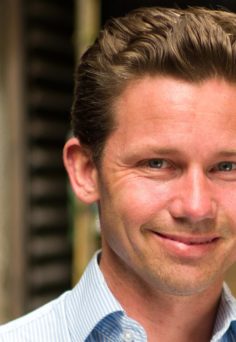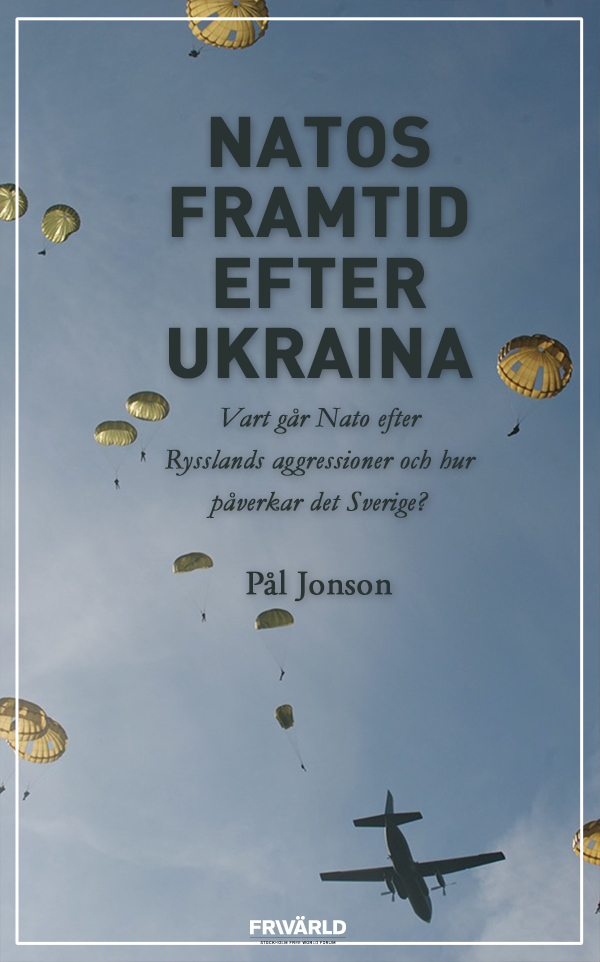The foundations of Western defense cooperation have changed since the Russian attacks in Ukraine in 2014. The worsened security situation in Europe has brought about a new focus on measures to achieve collective defense and deterrence. This means that NATO finds itself in one of the fastest-moving turning points since the alliance was created in 1949.
Russia’s politics of confrontation towards the West are unlikely to decrease in strength or reach. Therefore, upcoming political decisions at top-level meetings are expected to strengthen the alliance’s core missions in even more apparent ways.
In “The Future of NATO After Ukraine”, Pål Jonson analyzes what this means for Sweden’s role in security politics and Swedish membership in NATO.
The publication costs 50kr and can be ordered by sending an email to info@frivarld.se

Pål Jonson är generalsekreterare för Svenska Atlantkommittén. Han har disputerat i War Studies vid King´s College i London och har tidigare gästforskat vid Nato Defense College i Rom.
